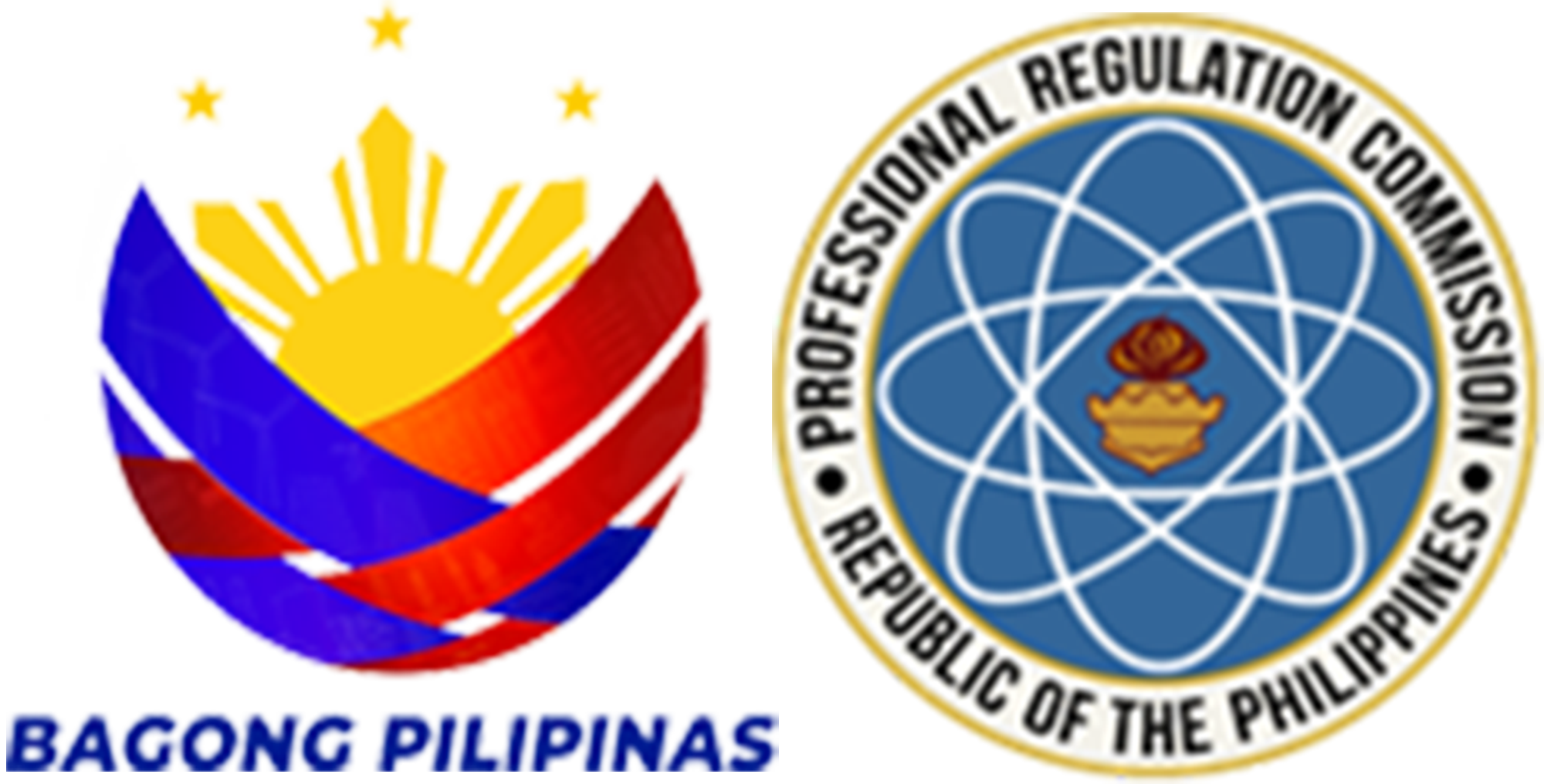As used in this Act, the Practice of agricultural and biosystems engineering shall refer to the profession requiring the application of the fundamental and known principles of engineering to the peculiar condition and requirements of agriculture as an industry and as a field of science, and shall include, but not limited to, the following:
1. Consultation, valuation, investigation and management services on agricultural and biosystems engineering;
2. Management or supervision and the preparation of engineering designs, plans, specifications, project studies and estimates for agricultural and biosystems , aquaculture and fishery, and forest product machinery, agricultural and biosystems buildings and structures, farm electrification and energy systems, agricultural and biosystems processing equipment, irrigation and soils conservation systems and facilities, agricultural and biosystems waste utilization systems and facilities;
3. Conducting research and development, training and extension work, and consultancy services on agricultural and biosystems engineering facilities/services, system and technologies;
4. Testing, evaluation and inspection of agricultural and biosystems, fishery and forest product machinery and other related agricultural and biosystems engineering facilities and equipment.
5. Management, manufacturing and/or marketing of agricultural and biosystems machinery and other related agricultural and biosystems engineering facilities and equipment;
6. Teaching, agricultural and biosystems engineering subjects in institution of learning in the Philippines;
7. Employment with the government provided such item or position requires the knowledge and expertise of an agricultural and biosystems engineer.
Qualification of Board Members
A member of the Board shall, at the time of their appointment, possess the following qualifications:
- Must be a natural-born citizen and resident of the Philippines;
- Must be at least thirty-five (35) years of age;
- Must be a holder of Bachelor's Degree in Agricultural Engineering or its equivalent, conferred by a school, academy, college or university in the Philippines or abroad that is accredited by the Commission on Higher Education (CHED);
- A registered agricultural and biosystems engineer with a valid professional license and an active practitioner for not less than ten (10) years prior to his appointment;
- Must not, for a period of three (3) consecutive years prior to the appointment, be a member of the faculty of, directly or indirectly, in any school, academy, institute, college or university where a regular course in agricultural engineering is being taught, nor have any pecuniary interest in or administrative supervision over any such institutions of learning;
- Must not, for a period of three (3) consecutive years prior to the appointment, be connected with a review center or any group or association where review classes or lectures in preparation for the licensure examination are offered or conducted at the time of appointment; and
- Has never been convicted of any offense involving moral turpitude.



Republic Act No. 10915
“Philippine Agricultural and Biosystems Engineering Act of 2016”
Objective. - To promote and upgrade the practice of agricultural engineering profession in the Philippines by instituting measures that will result in relevant agricultural engineering education and better career prospects for professional agricultural engineers.
On June 18, 1964, Republic Act No. 3927 otherwise known as the “Philippine Agricultural Engineering Law” was approved. With its enactment, the Board of Examiners for Agricultural Engineers was created to regulate the practice of agricultural engineering in the country.
Realizing the need to promote and upgrade the practice of agricultural engineering in the Philippines, the Congress enacted on February 26, 1998 Republic Act No. 8559 or “The New Philippine Agricultural Engineering Act of 1998.” The law which took effect on March 23, 1998 expanded the practice of the profession to reflect current developments in agricultural engineering and resulted to better agricultural engineering career prospects.
It also hastened the delivery of basic and technical agricultural services in the countryside. Today, 4,752 agricultural engineers registered with the PRC ensure food security for Filipinos. The first Board was composed of Engr. Zacarias V. Valdez as Chairman and Engrs. Ignacio R. Ang and Emmanuel F. Niño as Members. Presently, the Board of Agricultural Engineering is composed of Engr. George Q. Canapi as Chairman and Engr. Ariodear C. Rico and Dr. Reynaldo C. Castro as Members.
Click HERE to view the list of Accredited Integrated Professional Organizations (AIPOs) /Accredited Professional Organizations (APOs)
- 2023
- 2022
- Board Resolution No. 01 (s. 2022) -- Implementing Rules and Regulations (IRR) of Republic Act No. 10915, Entitled "An Act Strengthening, Modernizing and Aligning the Practice of Agricultural Engineering in the Country Into the Internationally Recognized Practice of Agricultural and Biosystems Engineering, and for Other Purposes
- Joint Resolution No. 01 Series of 2022 -- Resolution on Relation and Complementation on the Practice of Professions Between the Agricultural and Biosystems Engineers and Real Estate Appraisers and Real Estate Assessors on Valuation and Appraisal Pursuant to Republic Act Nos. 10915 and 9646
- 2015














